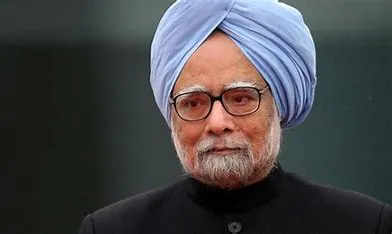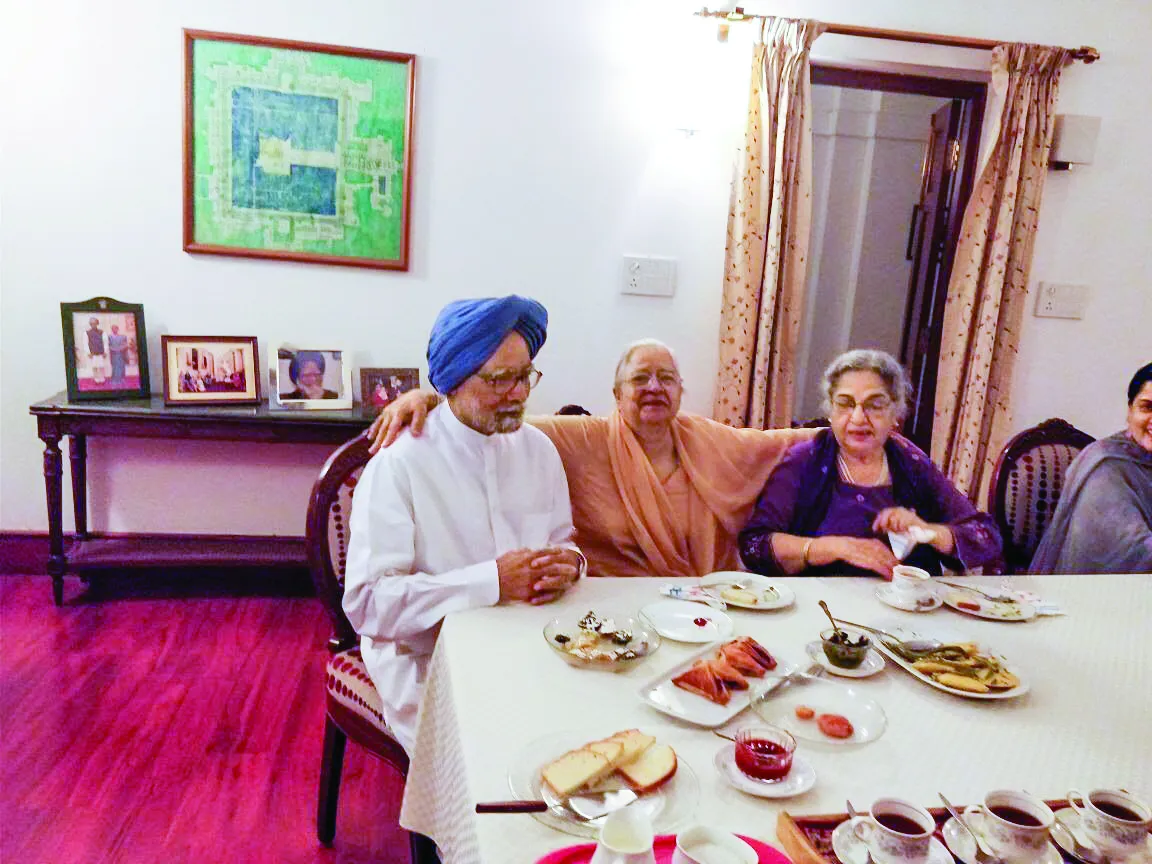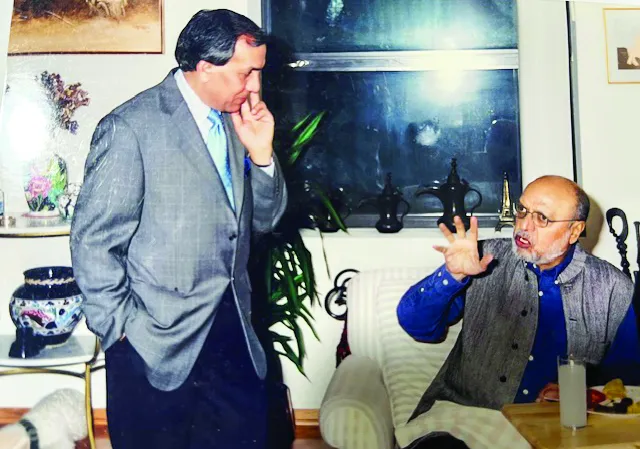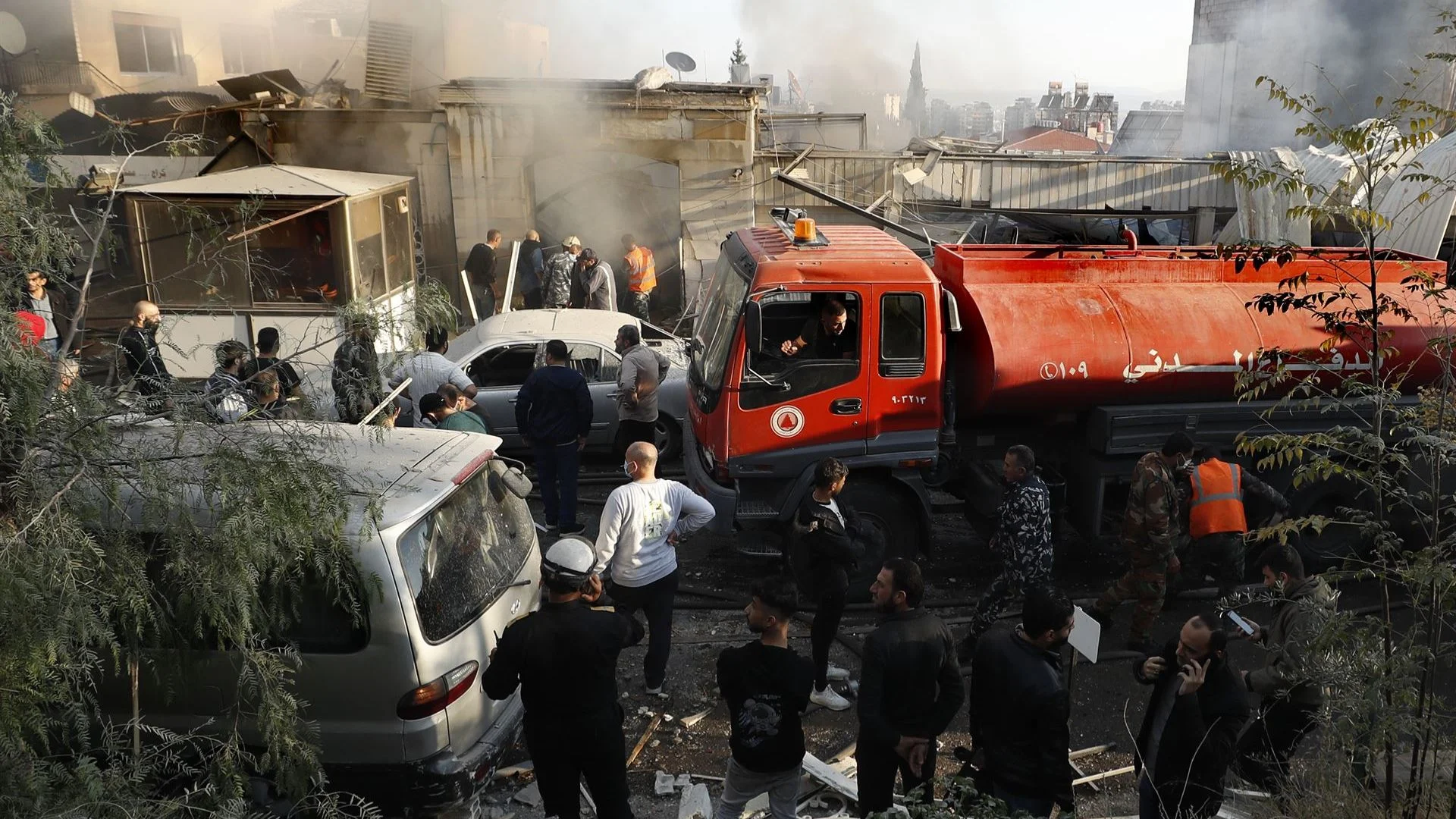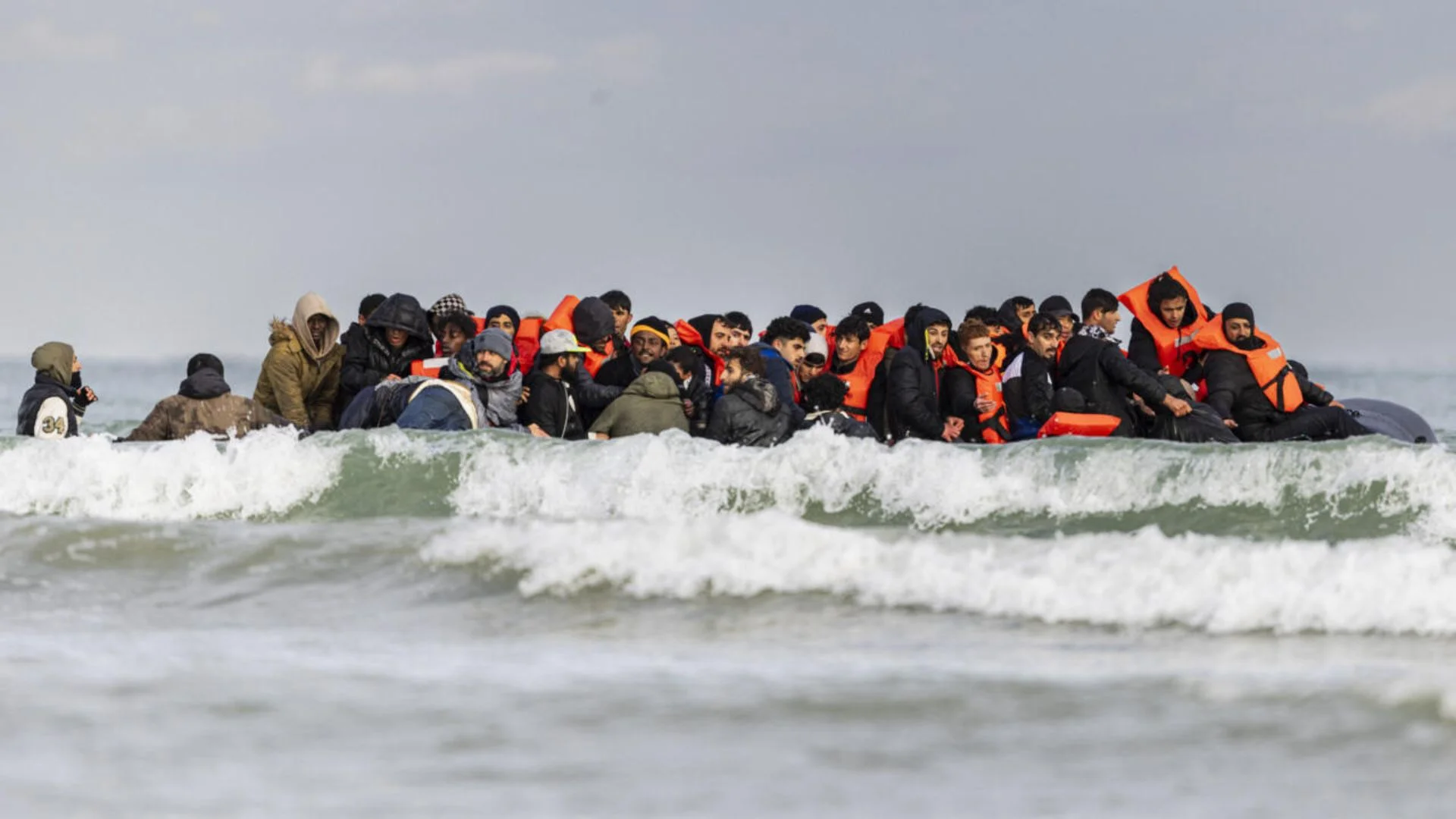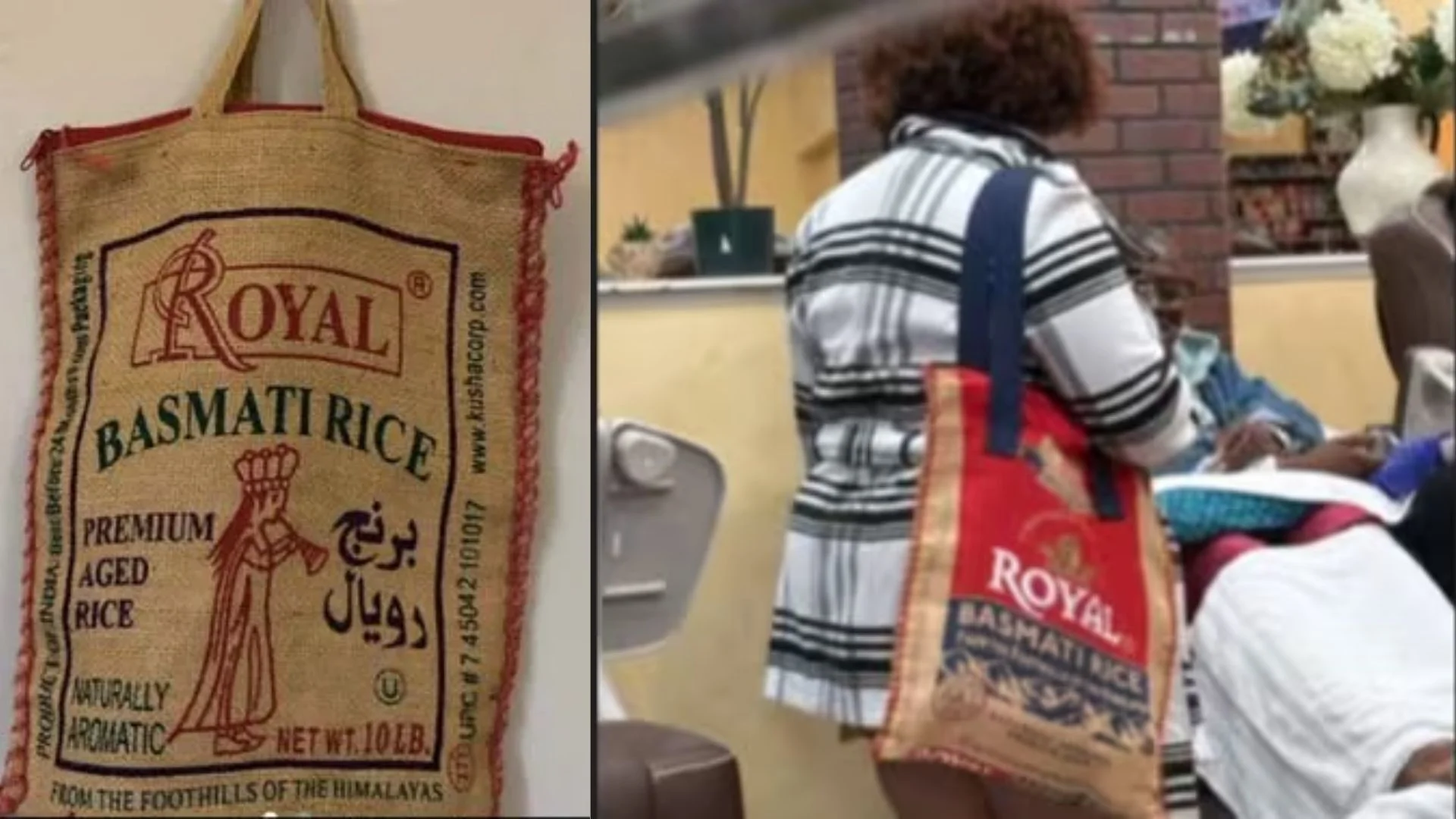Hathras has been a tragedy. If UP Police today finds itself in a dock, it has itself to blame. The politicisation of crime has compounded matters. It is obvious that the Opposition parties are exploiting the incident to gain political mileage. The kettle is calling the pot black.
“The time is out of joint”, Hamlet would probably have exclaimed in the context of the criminal justice system in the country. All of its four pillars — the police, prosecution, judiciary and jails — are showing cracks and the central pillar of police seems to be on the verge of a collapse.
What is happening is nothing short of a tragedy. The recommendations of the National Police Commission (1979-81) received no more than cosmetic treatment at the hands of governments at the Centre and in the states. The Malimath Committee Report on the criminal justice system was given a short shrift because of the fierce opposition to it by certain lobbies. Even the Supreme Court’s directions on police reforms in 2006 have not been taken seriously by the state governments. The colonial police structure which was raised essentially to uphold an imperial rule continues to this day — more than seven decades after Independence — the only difference being that the gora sahibs have been replaced by brown sahibs.
And so, we move from one crisis to another. Every time there is inept handling of a situation by the police, there is public outrage, high decibel discussions, talk of police reforms, and then, once the dust settles down, things are back to square one — until the next crisis.
What happened at Hathras was most unfortunate. The police should have, under the circumstances, promptly registered a crime under appropriate sections of law, arrested the culprits, arranged medical examination of the girl without any delay, and ensured that she got necessary treatment for the grievous injuries she had suffered. And, after she had breathed her last, the police should have gone out of their way to sympathise with the family and arranged for the girl’s funeral in a manner which would have satisfied her near and dear ones. However, the police response was insensitive at every stage. The incident had happened on 14 September but the offence of rape was recorded on 23 September only. Forensic examination was delayed. There also appears to have been unseemly haste in cremating the girl. The magistracy and the police are said to have even intimidated the distraught family.
The Allahabad High Court, taking suo motu cognisance of the incident, expressed its sense of shock over “the incidents which took place after the death of the victim on 29.09.2020 leading up to her cremation” and emphasised that the Right to Life under Article 21 of the Constitution included the right to a decent burial commensurate with the dignity of the individual.
The supervisory officers, unfortunately, did not rise to the occasion. It should have been possible to guide the local police to investigate the crime to the satisfaction of all concerned. But it was all messed up with the result that the state government had to perforce hand over its investigation to the CBI. Significantly, the state government has requested the Supreme Court to monitor the investigation. The truth should come out in the open in due course. We would also know if there was any plan to inflame caste passions and whether the PFI wanted to fish in the troubled waters.
Hathras has been a tragedy. If UP Police today finds itself in a dock, it has itself to blame. The politicisation of crime has compounded matters. It is obvious that the Opposition parties are exploiting the incident to gain political mileage. The kettle is calling the pot black.
The deeper question which should engage our minds is: Why are such incidents of rape continuing to happen? Following the Nirbhaya incident, law was made more stringent to deal with crimes against women and yet there is no letup in such offences. Unless we seriously examine this issue and come to honest conclusions, we would be beating about the bush. Police would continue to get flak for crimes, which are generally non-preventable in nature.
According to latest data released by NCRB, one minor was held for raping a woman or girl every eight hours in 2019. A total of 2,750 juveniles were arrested during the year on charges of rape, assault on women and attempted rape cumulatively. This is a new phenomenon and is probably a curse of the Internet age. Pornography is today available at the click of a mouse on any smartphone or laptop. Exposure to lurid and obscene pictures generates libidinous thoughts, especially among immature minds, and contributes to commission of crimes against women and girls. Researches have shown that India is pretty hungry for free-toaccess porn, with the third largest appetite in the world. While Indians of every age group get some taste of the smut, 44 percent of visitors in India were aged between 18 to 24 years, while 41 percent of them were aged between 25 years to 34 years. The average age for Indians exploring the world of porn in 2018 was 29. The government has been inexplicably chary about taking action against the proliferation of pornography.
Commodification of women has become our daily staple. Is anyone bothered? We all find it convenient to swim with the current. The traditional values are gradually crumbling. Society will have to pay the price for that. In fact, it is already in that process. Whatever pain and agony we see after a horrific crime against a woman or girl is, in fact, a manifestation of that. The unprofessional conduct of police, it needs to be emphasised, is not limited to UP.
Earlier, we had Hyderabad Police annihilating the rapists in an encounter. Then, there was the Thoothukudi incident in which a father and son were killed by the Tamil Nadu police. The conduct of two former Directors of the CBI is under inquiry. The Ministry of Home Affairs needs to set its house in order within the limits laid down by the Constitution.
A vibrant democracy and a thriving economy must have a professional police committed to upholding the rule of law. Not having such a police may eventually lead to the collapse of democracy one day and cause huge setbacks to the economy. It would be too heavy a price to pay. One can only hope and pray that the country does not sink into such an abyss.
The writer was formerly Director General of Police, UP, DGP Assam and Director General, BSF. The views expressed are personal.


